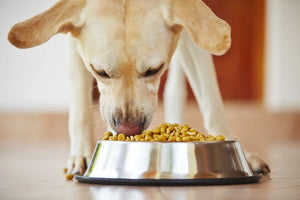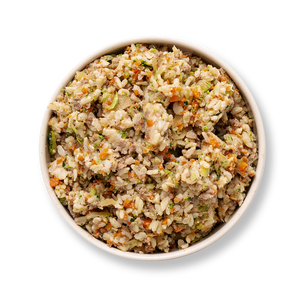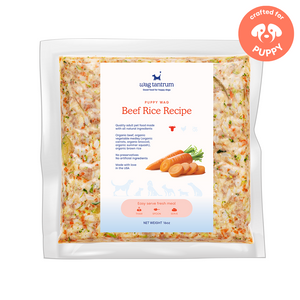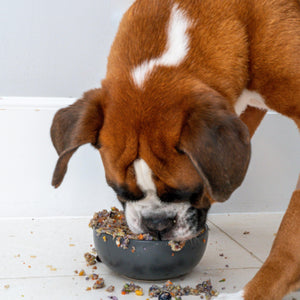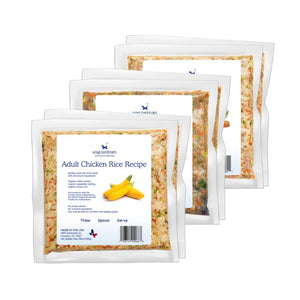Let's Talk Pesticides & Dogs
We hear about them all the time, but what are they really? Strictly speaking, a pesticide is a substance used for destroying insects or other organisms harmful to cultivated plants or to animals. Weed killer, lawn fertilizer and bug repellent are just a few examples of pesticides you may be using year round.
And they can be very harmful to your pet if ingested or absorbed through their paws.
So, what to do to protect your pet AND have a beautiful lawn and garden, and bug free house? If you are planning a treatment in your home or lawn and garden remove your pets while the treatment is completed. Remove their toys, bedding, food and water bowls.
Specifically, if you are using pesticides indoors, remove all pets from the home or keep them in untreated areas of the home. If you use foggers (bug bombs), always remove all animals from the house. Cover fish tanks to prevent liquid vapors or dusts from entering the tank. Since foggers create a fine aerosol mist, the pesticides may move through all of the air in the home, including the tank pumps and fish tank. You might also consider turning off central heating or air conditioning, which can circulate airborne pesticides. If any rodent or insect baits are used in your home, make sure they are in secure bait stations or in locations not accessible to pets. Baits are made with ingredients many pets find appetizing. In addition to the general precautions discussed above, ensuring the area is well ventilated during the drying process will help to minimize your pet's exposure when it returns.
Outside the home, the precautions are similar. Remove pets, their toys and their food and water from the area to be treated. To minimize your pets exposure to the pesticide and to prevent residues from being tracked into homes, keep pets out of treated areas until the pesticide has dried completely. Granular products may have specific instructions for watering the granules into the soil after they are applied. Dissolving the granules by watering also helps to prevent granules from getting trapped in pet fur or eaten by birds. Since granular products require time for watering and time for the granules to dissolve, these products may require keeping the pets out of treated areas for 24 hours or longer. Check the label directions or call NPIC to determine how long to keep pets out of treated areas. Once the pesticides have dried, toxic residues can remain on the treated surfaces, so consider taking precautions to prevent your pet from licking, chewing or eating any plants or other items treated with pesticides even after they have dried.
Outdoor baits for gophers and other rodents as well as many slug and snail baits can be highly toxic to pets. Pets are attracted to the food ingredients in these products and pets have been known to eat them after they have been applied, dig them up when placed underground and chew stored product containers to eat the product.
Use care when applying pesticides directly to pets. Follow the label directions carefully, and be sure to use the correct amount of product for the animal being treated. Most topical formulations are applied according to the animal's weight. Use sprays, shampoos or topical products according to the label instructions. Never use more than the directions state as this can poison your pet.
Products labeled for use on "dogs only" should never be used on cats or other animals. Products designed for adult cats or dogs should never be used on kittens or puppies unless the label states that the product may be used on younger animals. If you have more than one pet, consider separating the animals after treatment to prevent one from licking or touching the pesticide applied to the other. Avoid petting and keep children away from treated pets until the product has dried.
Make sure you follow the precautions on the label for protecting yourself while applying pesticides to pets. Pets are prone to shaking, jumping and other behaviors that can lead to unwanted pesticide exposures. If you need advice on which product(s) to use on your pet, you might consider contacting a veterinarian for information. Some parasites can be controlled with pharmaceuticals rather than pesticides.
Avoiding pesticides is a difficult if not impossible task. So, give your pooch a boost to fight these toxins by feeding fresh 100% organic dog food. Studies show that dogs eating natural dog food with no or limited preservatives have fewer incidents of cancer and other dangerous conditions. 100% organic dog food, fresh frozen and delivered to your door.

